The militant group Hezbollah said Tuesday that pagers belonging to its members had blown up across Lebanon, killing at least eight people and injuring more than 2,700, according to the country’s Health Ministry.
Iran-backed Hezbollah pinned the blame for the widespread and seemingly simultaneous blasts on Israel, without providing evidence. Israel did not immediately respond to requests for comment on the accusations and the explosions.
More than 200 people were in critical condition, the public health minister, Dr. Firas Abiad, told reporters. According to The Associated Press and Al Jazeera, officials updated the death toll after Abiad’s news conference.
During the emergency, Lebanese officials ordered the public to avoid using handheld communication devices.
Mojtaba Amani, Iran’s ambassador to Lebanon, was among the injured, according to the country’s embassy. In a post on X, it described his injuries as “superficial” and added that he was in a good condition.
Hezbollah said in its a statement that explosions killed “a girl and two brothers.”
It added that the blasts came from pagers belonging to “employees in various Hezbollah units and institutions.”
One of those killed was Muhammad Mahdi, the son of Ali Ammar, a Hezbollah member of Parliament, according to the National News Agency, which is state-run.
Hezbollah says it has handed out pagers to members, many of whom stopped using cellphones out of fear that Israel could use them to track and monitor them.
“The ministry requests all citizens who own wireless communication devices to stay away from them until the truth of what is happening is revealed,” the Health Ministry said, according to NNA.
It was unclear whether the explosions were part of a coordinated attack, which would represent a significant security breach for Hezbollah.
Matt Miller, a State Department spokesperson, told reporters at a briefing that the U.S. hadn’t been aware of the “incident” in advance and was “gathering information” about the detonations.
Lebanon’s Red Cross said it deployed 130 ambulances to respond to explosion injuries, with 170 more vehicles on standby. The country’s civil emergency authority urged people to donate blood at hospitals “as soon as possible,” state news reported.
Reuters reported that dozens of Hezbollah members were seriously wounded in Lebanon’s south and in the southern suburbs of the capital, Beirut.
A Reuters journalist saw 10 Hezbollah members bleeding from wounds in the Beirut suburb of Dahiyeh, the agency said. It was unclear how many civilians were affected.
By late Tuesday afternoon local time, no one had taken responsibility for the explosions, some of which appeared to have been captured on closed-circuit TV video and shared on social media.
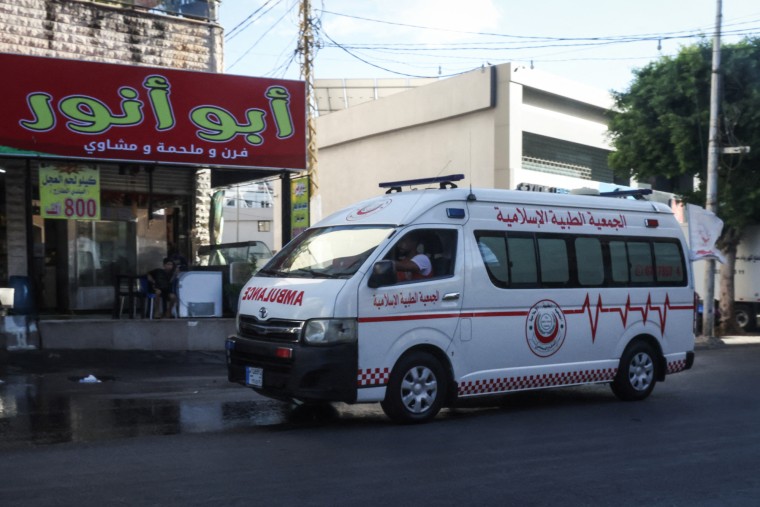
In a second statement, Hezbollah said it had reviewed “all the facts” and information and held Israel responsible for the explosions, which occurred a day after Israel announced a new war objective, fueling fears of a new military offensive in Lebanon.
Lebanon’s foreign ministry condemned what it called an “Israeli cyber attack,” adding that it would submit a complaint about the detonations to the U.N. Security Council.
“This dangerous and deliberate Israeli escalation is accompanied by Israeli threats to expand the scope of the war towards Lebanon on a large scale, and the intransigence of Israeli positions calling for more bloodshed, destruction and devastation,” it said in a statement.
Former CIA Director John Brennan told NBC News that he believes the pagers had some kind of explosive in the hardware based in part on the scale and simultaneous nature of the attack. He speculated that the pagers were at some point intercepted and switched “for the ones that Hezbollah thought were going to be benign.”
“All suspicion has to rest on Israel for being the responsible party,” Brennan said.
He added that he believed Israel’s intention was to send a message to Hezbollah of its capabilities to get to the militia inside Lebanon.
Israel has warned the U.S., its closest ally, that “military action” would most likely be the only way to address mounting hostilities with Hezbollah.
Late Monday, Israeli Prime Minister Benjamin Netanyahu’s office announced that his security Cabinet had updated its list of war objectives to include the safe return of residents who have been displaced from their homes near the northern border because of months of fighting with Hezbollah.
“Israel will continue to act to implement this objective,” the prime minister’s office said.
Thousands of people have been displaced on both sides of the Israel-Lebanon border since Israel began an offensive in Gaza following the Hamas-led Oct. 7 terrorist attacks. Hezbollah has vowed to continue attacks until Israel’s assault on Gaza ends.
Israeli tensions with Hezbollah, a powerful militia and political party that formed in 1986 and rose to power after Israel invaded southern Lebanon in pursuit of Palestine Liberation Organization fighters, spiraled during the war in Gaza.
Last month, Israel struck Lebanon with what it said were pre-emptive strikes to prevent plans by Hezbollah to launch a widespread assault across the countries’ shared border.
The attacks came weeks after Israel assassinated a top Hezbollah commander, Fouad Shukur. Hezbollah sought revenge by launching a drone attack on Israel’s Glilot base, which is near Tel Aviv.
International diplomats, particularly those from the U.S. and France, have been working for months to de-escalate the conflict between Hezbollah and Israel in an effort to contain the war in Gaza.

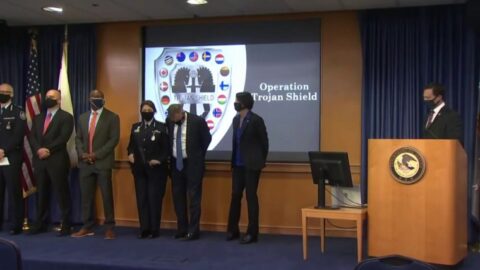

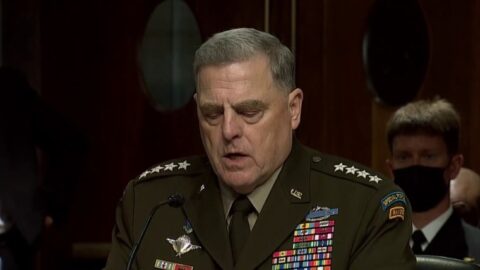
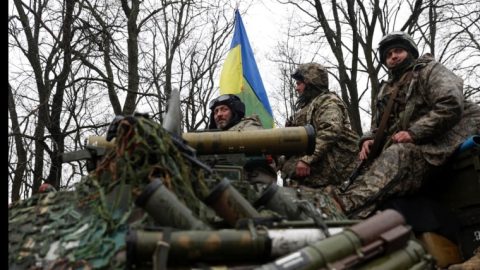
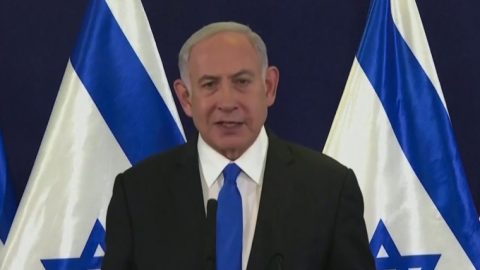


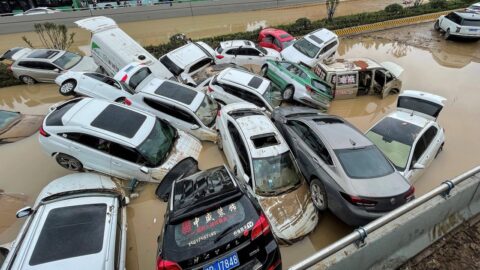
Recent Comments